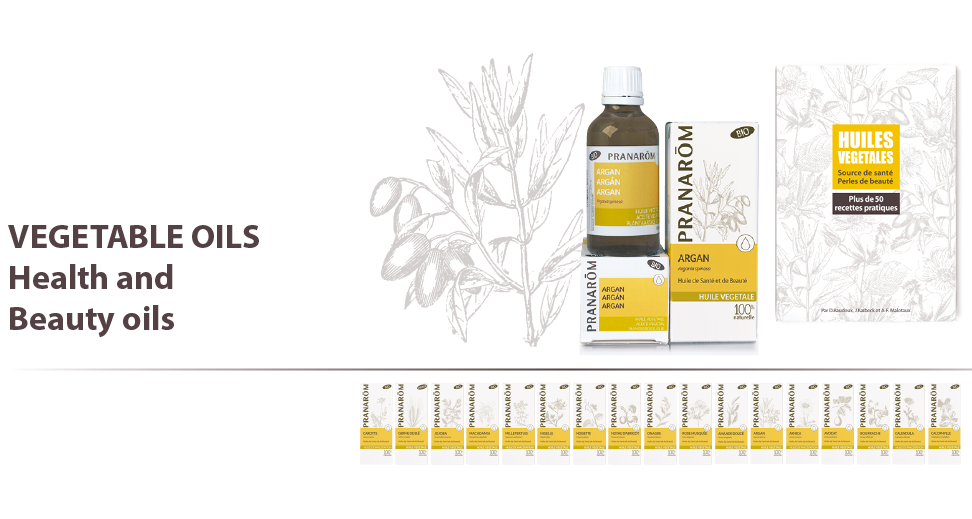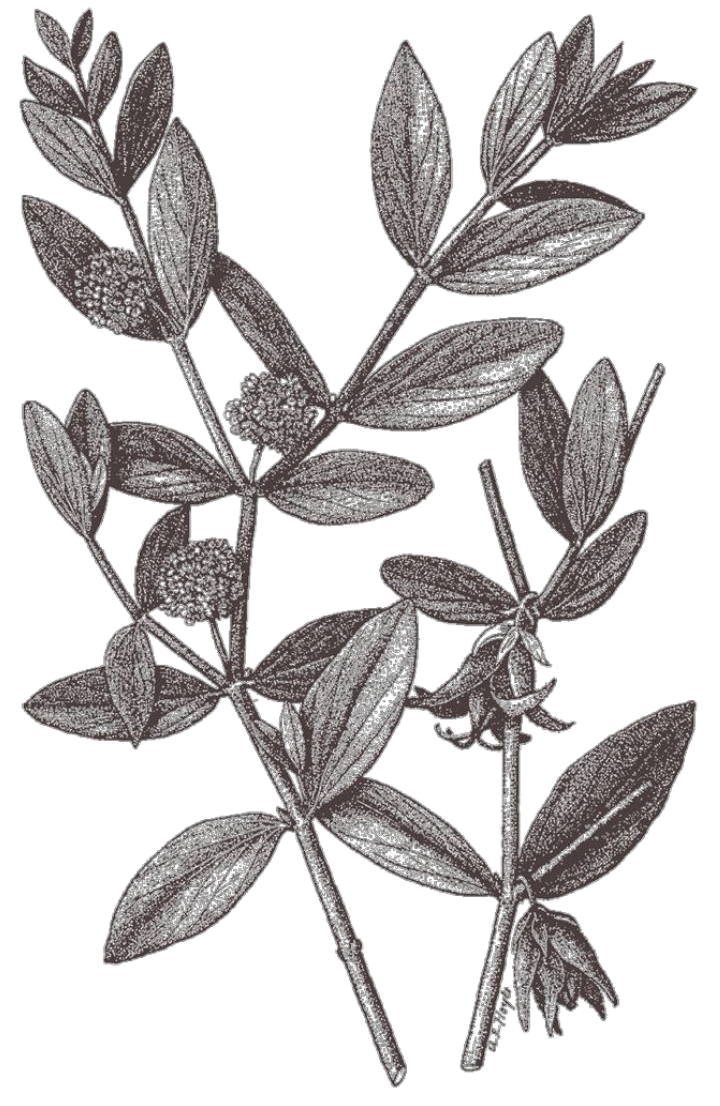An Introduction to Pranarom Organic Vegetable Oils & Their Benefits
Vegetable oils and maceration oils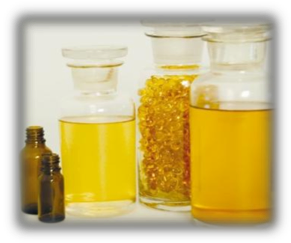
First cold pressed or maceration oils
Sources of essential fatty acids, omega 3-6-9
Ideal carrier oils for essential oils
- Apricot Kernel* Prunus armeniaca
- Argan* Argania spinosa
- Arnica* Arnica montana
- Avocado* Persea gratissima
- Black Cumin* (Nigella) Nigella sativa
- Borage* Borago officinalis
- Calendula* Calendula officinalis
- Calophylla* Calophyllum inophyllum
- Carrot* Daucus carota sativa
- Castor Oil* Ricinus communis
- Evening Primrose* Oenothera biennis
- Hazelnut* Corylus avellana
- Jojoba* Simmondsia chinensis
- Macadamia* Macadamia ternifolia
- Rapeseed* Brassica napus
- Rosehip* Rosa rubiginosa
- St. John’s Wort* Hypericum perforatum
- Sweet Almond* Prunus amygdalus
- Wheat Germ Triticum vulgare (virgin)
- Natural Base Oil* a rich, non-greasy blend of Apricot Kernel*, Sunflower* and Rosehip*
*Organic stands for “derived from organic agriculture“ (Contrôle Certisys-BE-01)
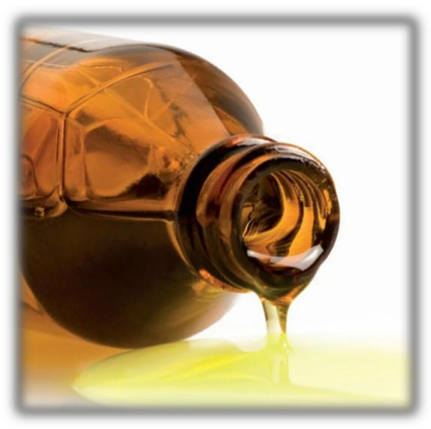 Vegetable oils and beauty
Vegetable oils and beauty
Since ancient times, vegetable oils have been intimately linked to beauty treatments. The greatest ancient civilizations (Egypt, Roman Empire, Greece, Mesopotamia) gave pride of place to vegetable oils, then considered noble products and signs of luxury and power.
Carefully applied to the skin, vegetable oils are well tolerated substances that give the skin all the necessary elements for its structure, hydration and vitality. Essential fatty acids (omega 3, 6, 9) are involved in the structure of cell membranes of the skin tone and help to soften and
regenerate the skin. Vegetable oils are rich in liposoluble vitamins (A, D, E and K) that protect the skin against the risk of degeneration and oxidation which cause premature aging. These vitamins also promote the absorption and metabolism of essential fatty acids with which they act synergistically.
Finally, it is important to know that our skin also needs to be nourished from within, via the bloodstream. In this context, the ingestion of vegetable oils (accompaniment to salads for example) provides the organism with everything it needs to ensure the vitality and hydration of the epidermis.
Vegetable oils are also superb tonics and nourishing agents for the hair and scalp. It is the secret hair treatment for many Tahitian, African or Chinese women. They use vegetable oils abundantly to lubricate, nourish, soften and regenerate the hair fibers.
Vegetable oils are proving to be outstanding partners in caring for skin that is dry, devitalized, wrinkled, sensitive, affected by the sun as well as for chapped hands. They are also perfect for the care of young children and infants.
Main vegetable oils recommended for beauty treatments:
Sweet Almond, Argan, Borage, Calendula, Wheat Germ, Jojoba, Macadamia, St. John’s Wort, Hazelnut, Apricot Kernel, Rosehip
Main vegetable oils recommended for hair care:
Sweet Almond, Argan, Jojoba, Castor Oil, Rosehip, Evening Primrose, Apricot Kernel, Calophylla, Black Cumin (Nigella), Avocado, Carrot
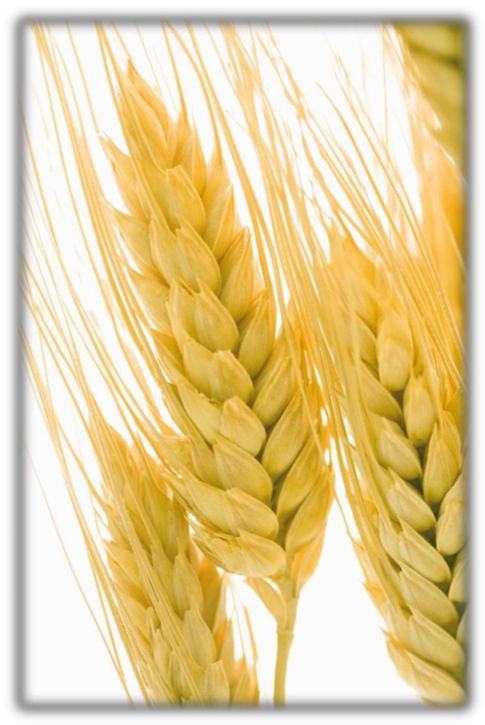 Recognizing a quality oil
Recognizing a quality oil
Virgin, raw, crude, natural, extra virgin 1st pressed, etc … What do these names mean? Which one ensures a quality vegetable oil?
Hot cold pressed vegetable oils:
Vegetable oils can be mechanically hot pressed at temperatures of 80° to 120° C. For these purposes, the basic plant material s undergo a series of highly invasive chemical treatments (refining, degumming, deodorizing, discoloration,…) that deprive finished products of a large part of their vitamins, essential fatty acids and antioxidants.
The extracts are standardized, have a good shelf life but have lost all of their nutritional qualities and cosmetic properties. Despite this complete denaturation, some producers unfortunately still use the words “unrefined oil“, “crude oil“, “raw oil“, “”.
Cold pressed: An exclusively mechanical extraction process that takes place at low temperature, thus preserving its content of essential fatty acids, vitamin E and natural antioxidants therefore requiring no additives.
The first extraction called “first pressed” gives a pure and true olieaginous “fruit juice“.
The term “virgin” may only be assigned to a vegetable oil if it meets several specific criteria set by regulatory entities: First cold pressed
Clarification by natural or mechanical means No physical and/or chemical refining “Virgin” oil can reveal an acidity of up to 3%, unlike “extra virgin” oil which contains less than 1% acidity. The adjective “extra virgin” is a name that relates only to olive oil.
As for the label “certified organic” or “100% organic“, vegetable oils that merit this marking must come from agricultural products that are free of synthetic chemicals and whose crops are in areas sheltered from any external contamination.
Obtained by mechanical cold expression, certified organic vegetable oils are provided with a label that allows product traceability from the field to the table.
The “organic” certification is dependent on controls carried out by approved entities that verify compliance with the regulations.
Macerate or vegetable oils? Explanation
Vegetable oil is usually obtained by first cold pressing of a nut, fruit or olieaginous seed. This oil is comparable to a lipid “juice”.
There are many plants however that cannot produce oil through pressing, but from which the beneficial action for health is expressed through oils. This is called oil macerate or macerated oils.
Macerated oils are obtained by a fairly simple process that has existed since the dawn of time. A plant is first chosen for its active principles (Marigold, St. John’s Wort, …). This plant can be derived from organic farming or not. The chosen part of the plant (flowers, seeds, totum …) is left to macerate in a vegetable oil “base” such as sunflower. This maceration often lasts several weeks. The preparation is then filtered and the result is a vegetable oil enriched with the properties of that plant: the oily macerate. Arnica, Calendula and St. John’s Wort macerates are in an olive oil base.
The oily macerate can be used like any other vegetable oil, but one should know how to recognize them. In this book, we look at the many different oil macerates:
Vegetable oils and essential oils. Which blend?
It is important first to distinguish between a vegetable oil and an essential oil. Vegetable oil is a fat obtained by cold pressing of oilseeds or by maceration. The essential oil is itself a much more complex body. This is the “essence” of an aromatic plant obtained by steam distillation. The molecules contained in the essential oils have nothing in common with the biochemical composition of vegetable oils. Both lipophilic, they can however be blended perfectly.
It is often advisable to dilute essential oils in vegetable oils for effective aromatic synergies.
For cosmetic use, we must dilute 1 to 3% of essential oils in vegetable oil. For a health benefit, we can go often to dilutions of 20 to 80% of essential oils in vegetable oil, according to the dermocausticity or toxicity of the essential oils chosen.
Pranarōm offers a range of 19 certified organic or virgin quality vegetable oils. They are enriched with natural vitamin E, which acts as an antioxidant and also protects the product itself. It is important to keep vegetable oils away from heat and direct light. Keep away from children.
You can browse the line by clicking here.

